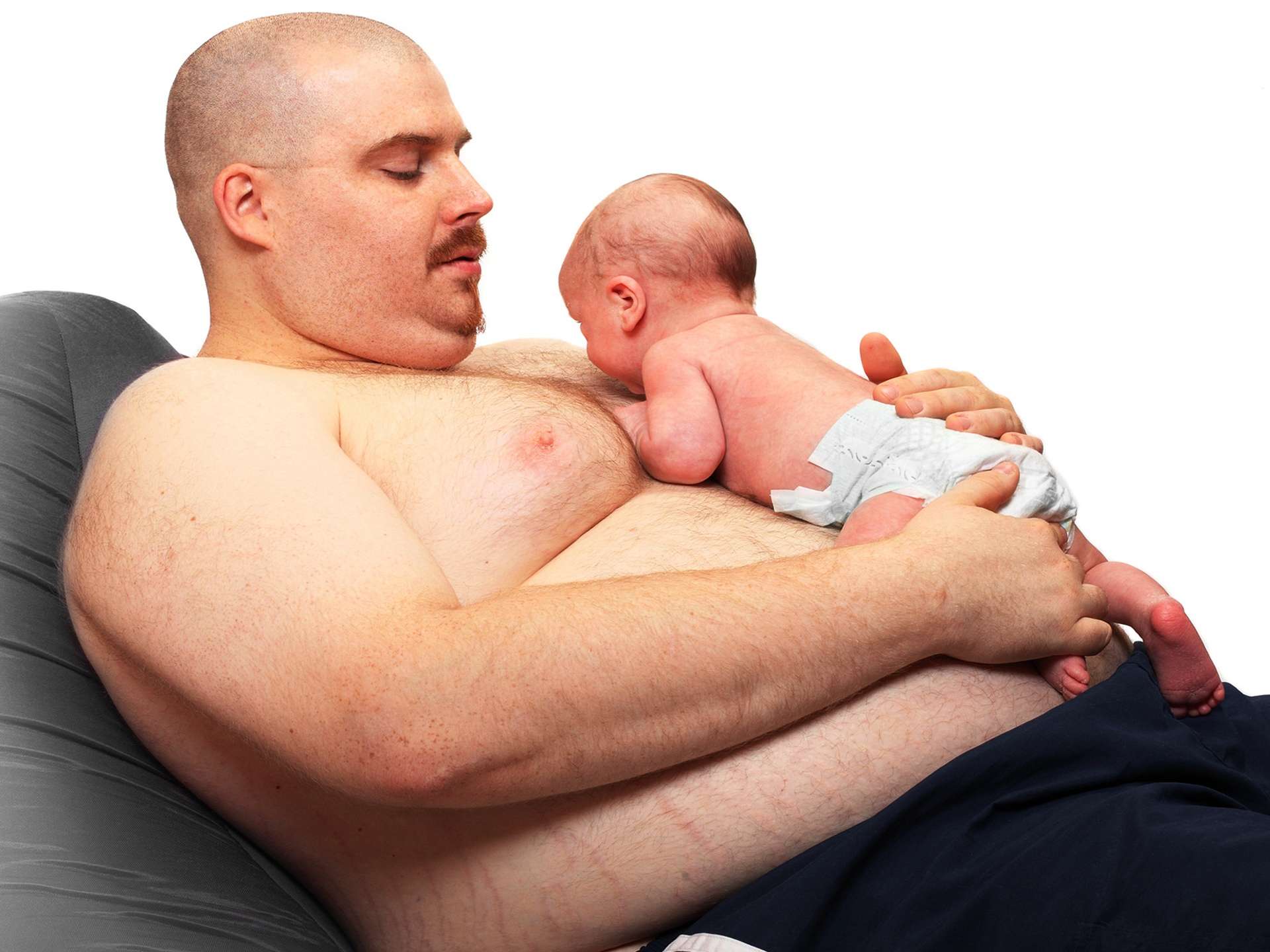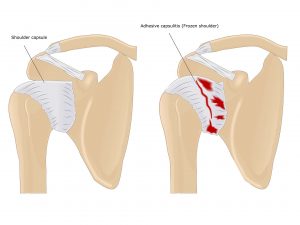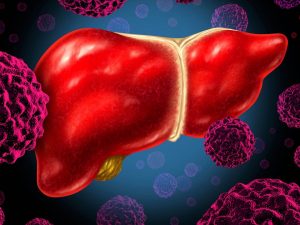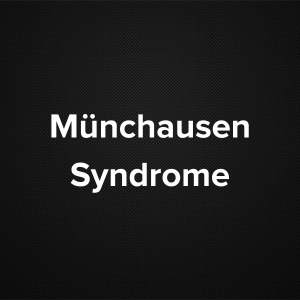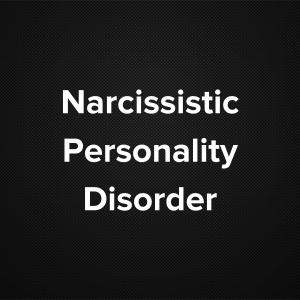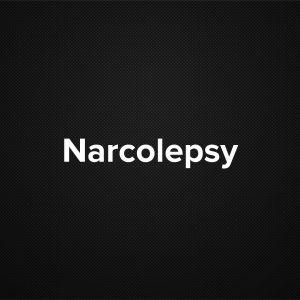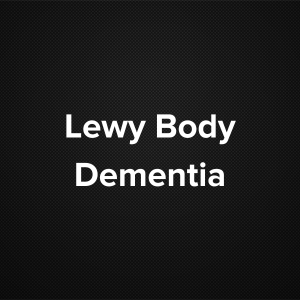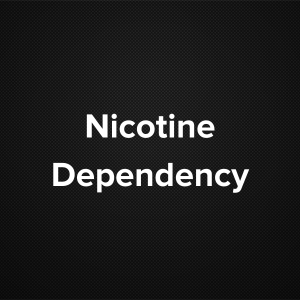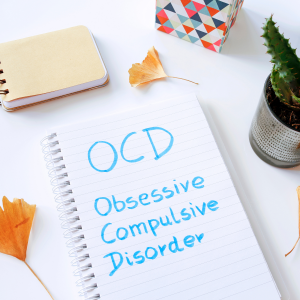The human brain has 2 centers, the left center controls Intelligence, IQ, logic; the right center controls creativity, imagination, vision, intuition. Along with both these centers, there are 2 main aspects involved in making decisions; one is getting information using your intelligence and the other is following intuition using logic, and making a judgment. Inevitably, we all have to take decisions during different situations in life, be it work, career, or family related matters. Decisions can be small, from what to eat in breakfast, what clothes to wear at a dinner party, where to host a birthday party, to something as important as whom to select as your life partner. Some are more important than others. People often find it hard to make decisions and end up procrastinating, some people put off making decisions by searching for more information or getting other people to offer their recommendations. Others resort to decision making by taking a vote or tossing a coin. Whatever one does, the best decision is one that is taken with a good acumen and complete analysis. Taking time to relax and maintaining a positive attitude will also aid in taking the right decisions. It is definitely a responsibility as the outcome or the result is based on the decisions you have made.
Following points are involved in the decision making process:
- Listing all possible solutions/options available.
- Deciding who is responsible for the decision & setting a time scale.
- Gathering Information.
- Weighing the risks involved.
- List both positive and negative consequences of your solutions.
- Weighing up the pros and cons of each course of action.
- Finally making the decision.
Each step in the decision-making process may include social and cultural obstacles to successfully negotiating dilemmas. Such obstacles need to be defeated. Also, it is suggested that if one becomes more aware of these obstacles it automatically becomes better to anticipate and overcome these obstacles. Unpredictability, uncertainty, superstition, and lack of self-confidence are some frequent obstacles in the process. A wrong decision made can disrupt proceedings; it is attributed to human error, but decision makers must take guard against sticking too long to an incorrect decision, where in remedial action need to be promptly taken. Another important aspect of decision making is the acceptability of the decision. The decision may be taken by one individual, but it has to be accepted by others as it will be implemented by a number of other individuals.
On the other hand, indecisiveness is an aspect which needs to be equally looked into. Being indecisive is having a hard time making decisions. A person holding a high designation has to be confident and strong willed in taking the correct decision as he has a larger group of people dependent on his decision. For example, a head of a state has a large part of the masses looking up to him to make the appropriate laws and policies.
‘Indecision and delays are the parents of failure’ .. George Canning

